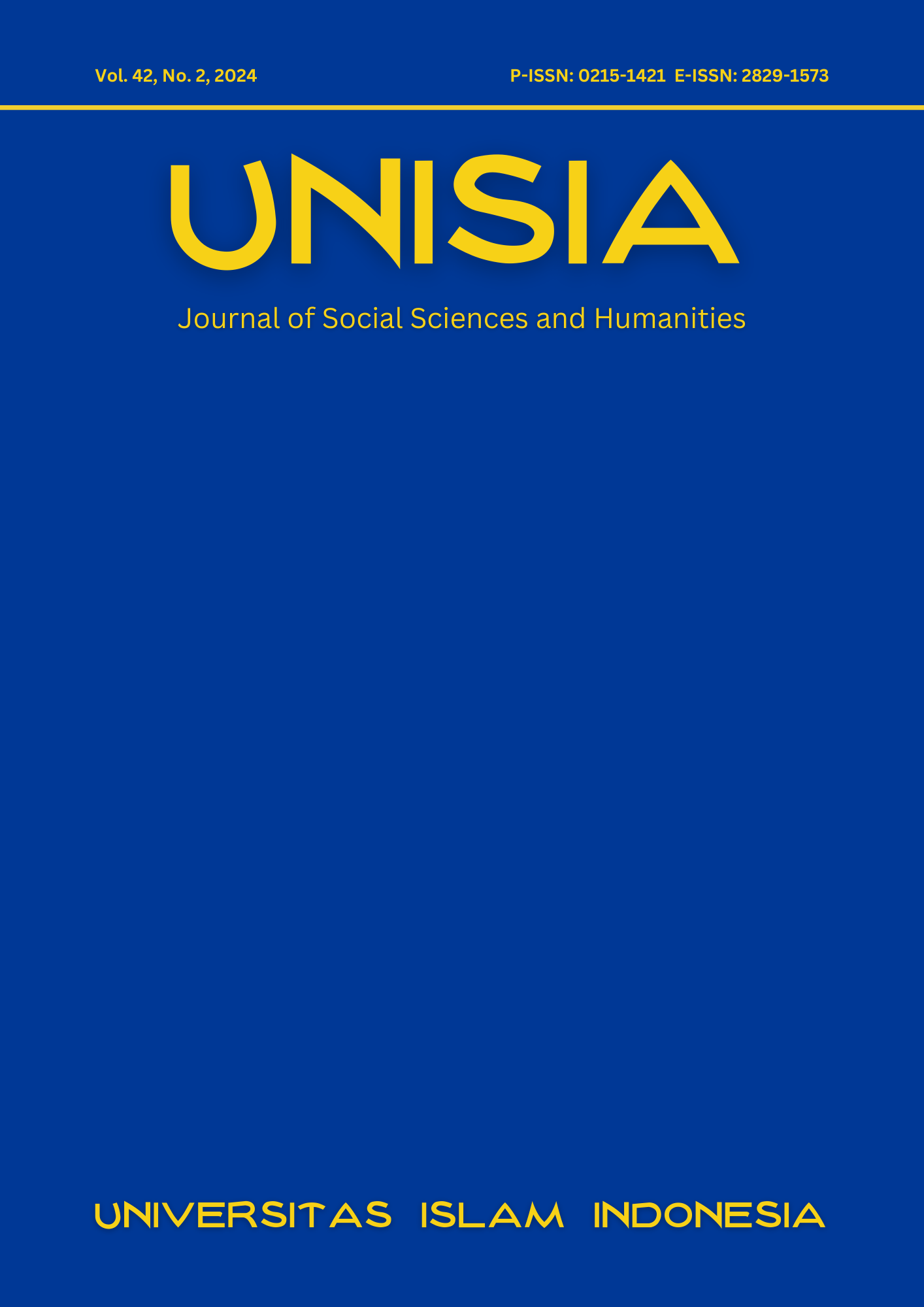Main Article Content
Abstract
Poor waste management practices constitute a serious environmental crisis in both rural and urban centers in Nigeria. Hence ecologically conscious Nigerian literary writers have resorted to the instrumentality of art to interrogate the menace and sensitize the people on the expediency of proper waste management for environmental sustainability. This study analyses how Bode Sowande, in his play Mammy Water's Wedding, enacts the crisis of water pollution in a typical Nigerian society. Representative excerpts that thematically probe the environmental crisis in the play were purposively selected for qualitative analysis. The study applies Virdis’ (2022) Ecostylistics theoretical framework to analyse the stylistic markers of depicting the decrying the ecosophy of human ecologically hostile behaviour, while advocating the coveted ecosophy of nurturing and protecting the non-human species in the environment. The study reveals that deep-seated poor environmental attitudes exhibited by the defaulting characters are mainly borne out of ignorance and individualistic tendencies which fester the disconnection between humans and the physical world. It also underlines the need for an aggressive advocacy for environmental sustainability to engender harmonious relationships between humans and the environment in Nigerian society.
Keywords
Article Details
Copyright (c) 2024 Rebecca Ibukunoluwa Adugbe

This work is licensed under a Creative Commons Attribution-ShareAlike 4.0 International License.
- Authors retain copyright and grant the journal right of first publication with the work simultaneously licensed under a Creative Commons Attribution License that allows others to share the work with an acknowledgement of the work's authorship and initial publication in this journal.
- Authors are able to enter into separate, additional contractual arrangements for the non-exclusive distribution of the journal's published version of the work (e.g., post it to an institutional repository or publish it in a book), with an acknowledgement of its initial publication in this journal.
- Authors are permitted and encouraged to post their work online (e.g., in institutional repositories or on their website) prior to and during the submission process, as it can lead to productive exchanges, as well as earlier and greater citation of published work.




